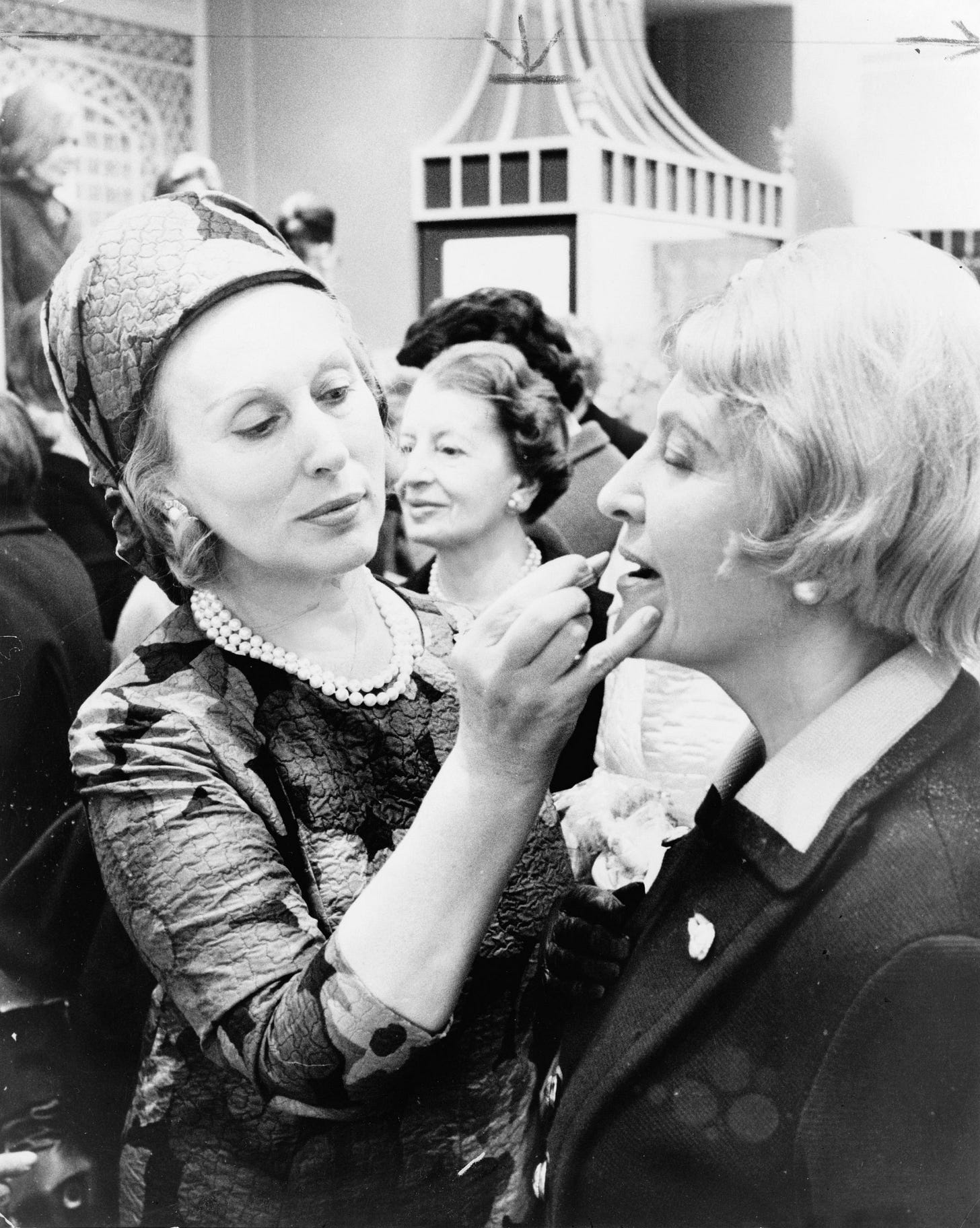“Every day I touched 50 faces”
The feminine ambition of Estée Lauder
Builder spotlight #4: “Every day I touched fifty faces” (Estée Lauder, 1908-2004)

Principles on display: Your life as the yardstick; finding person-life fit; building yourself by building; build YOUR perfect life
Keeping with the theme of Amazing Esthers, today I want to spotlight the iconic Estée Lauder (born “Josephine Esther Mentzer” to Hungarian Jewish immigrants in Queens; she later added the accent over the “e” to lend elegance and sophistication to her brand).
Listening to David Senra’s recent Founders Podcast episode on Estée’s 1985 autobiography, A Success Story, I noticed a funny parallel to Loyal founder Celine Halioua (the first builder to be spotlighted in this series). Just as Celine reflected that she would not …


